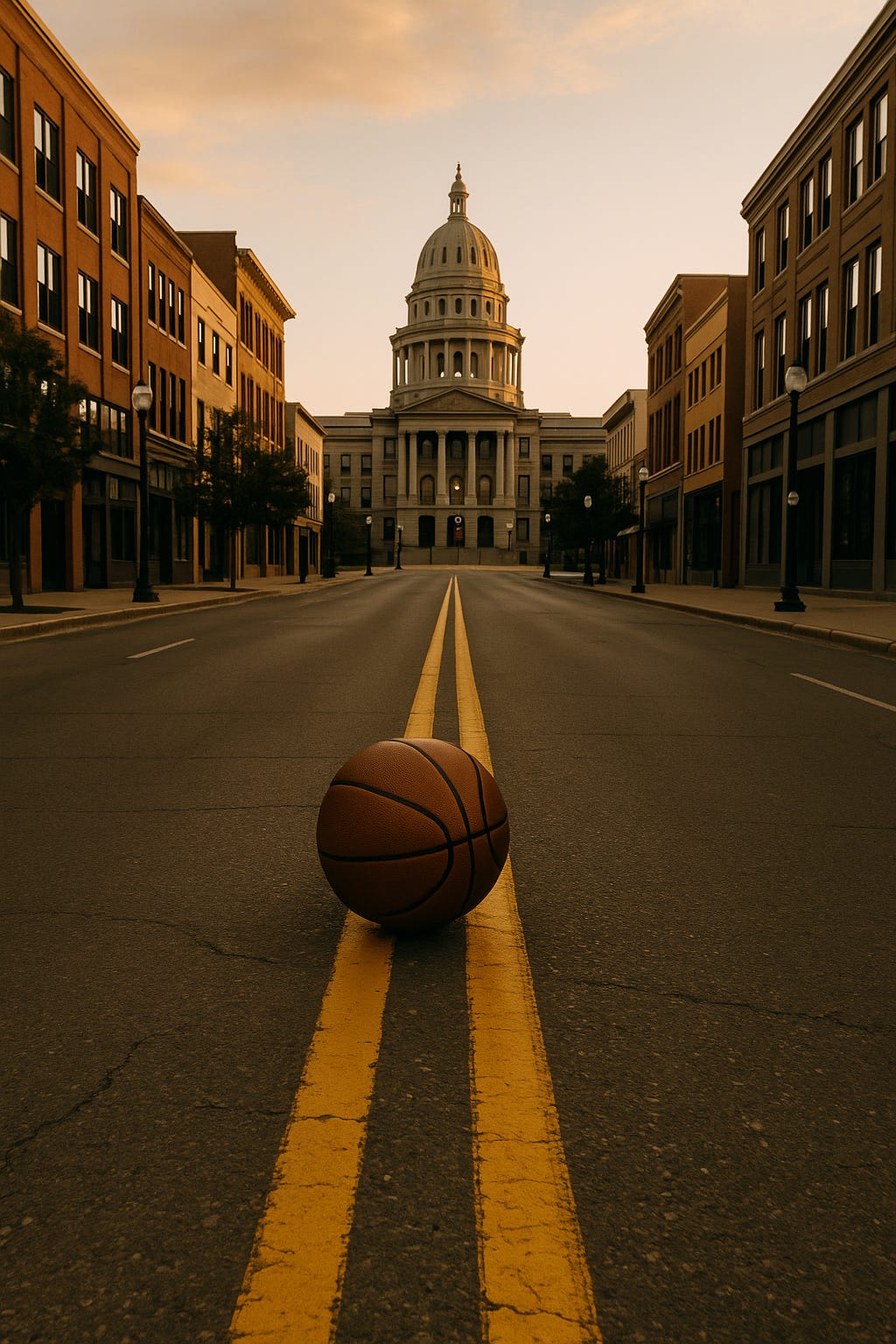I grew up loving the Seattle Supersonics. If you don’t know this NBA team, it’s probably because they were relocated to Oklahoma City in 2008. They became the Thunder, and this year they won the NBA Championship, the first in franchise history.
Now, technically, the Sonics won a title back in 1979 when they were still in Seattle. But this one belongs to Oklahoma. It feels a little like driving past my grandparents’ old house; a place that stood for over a hundred years, where I spent countless weekends and summers. It’s still there, but it’s someone else’s now. The porch swing is gone. The curtains are different. The soul of it remains only in memory, not in bricks or paint.
That’s what this championship felt like. Familiar, but not quite mine. A continuation of something I loved, reshaped in a way I didn’t choose.
When I was a kid, it was Shawn Kemp and Gary Payton running the court. Kemp was raw power. Payton talked trash and backed it up. They gave the city a pulse. It wasn’t just about basketball. It was about identity. About feeling seen.
And then they were gone.
I’ve been thinking a lot about that lately—how change can feel like loss, even when it's just transformation. And how we keep showing up anyway.
I see students leading mental health clubs in high schools. I see therapists setting up shop in libraries. I see communities creating new language for pain, connection, and care.
And I see things like Find Your Anchor, a grassroots project that sends out little blue boxes filled with notes, messages, and small tokens meant to remind someone, in their darkest moment, that they matter. That they have something, anything, to hold on to. The idea is stunningly simple: hope, made tangible. A box you can open when you can’t see your way forward. A box that says: don’t go. stay.
I have a box on my desk, and have placed them throughout my small town.
None of this fixes everything. But it shows we haven’t given up. It shows we’re still building tiny bridges between despair and possibility, one note, one handoff, one box at a time.
And this week, the Congress is passing sweeping legislation that doesn't help, but rather hurts our nation's health.
As Jonathan Cohn reports, nearly 12 million Americans could lose health coverage. Food assistance will be slashed. Clean energy investment reversed. The legislation reads like a blueprint for cruelty: comfort the comfortable, afflict the afflicted. And as this happened, I felt that old weight again. That pull toward cynicism, despair, and checked-out silence
But hopelessness is exactly what these moments feed on. When systems fail, people have to hold the line. Sometimes all you’ve got is a blue box, a peer-led support group, a quiet conversation in a school hallway. Sometimes all you’ve got is each other.
There’s a saying: “Hope is not a strategy.” And it’s true, hope alone doesn’t create affordable coverage, build programs, staff crisis lines, or fund housing. But sometimes, hope is the raw material. The thing that gets people to the table. The thing that keeps someone going one more day. The thing that makes you believe change is worth chasing, even if it doesn’t come all at once.
Having a little hope in this moment is what I know I need. It’s probably what we all need.







I don't know if you remember this, but it has an important connection to the Sonics, and it's a real jam: https://www.youtube.com/watch?v=NtLgxI8wzeo